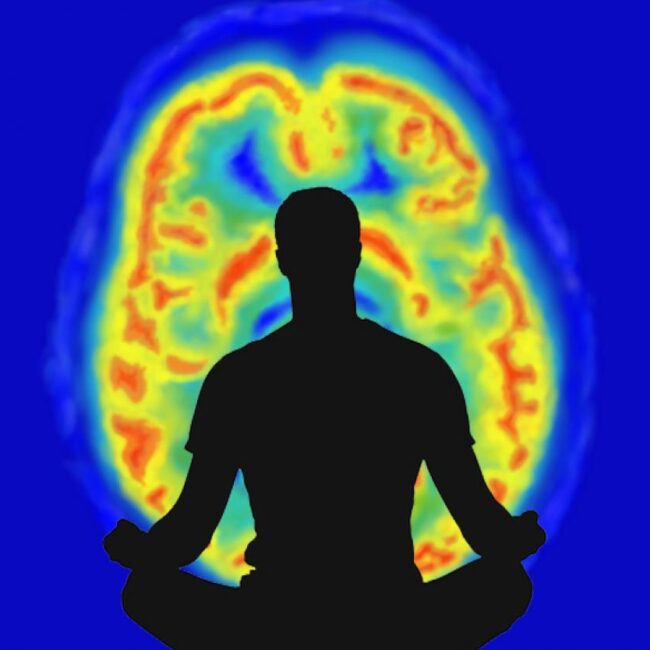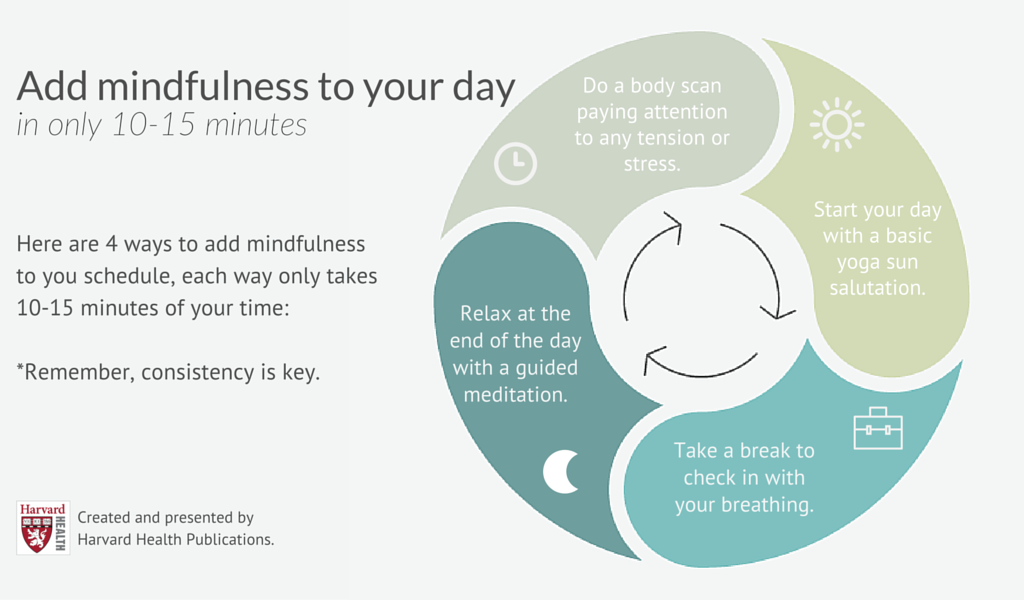The Science Behind Meditation

Meditation, once confined to spiritual retreats and monasteries, has become a global phenomenon practiced by millions. From Silicon Valley executives to school children, people are turning to meditation to find calm and clarity in a chaotic world. As its popularity grows, so does scientific interest in understanding how meditation affects the mind and body. The findings are both fascinating and promising, prompting deeper questions about this ancient practice.
How does Meditation help?
Meditation Reshapes the Brain
Emerging research suggests that meditation can reshape the brain, leading to significant neurological changes. Studies using MRI scans have shown that regular meditation thickens the prefrontal cortex, an area associated with decision-making, attention, and self-control. In contrast, the amygdala, which is involved in processing fear and stress, tends to shrink. These structural changes suggest that meditation not only alters how we feel but also fundamentally changes the way our brains are wired.
Research Evidence
One study from Harvard Medical School found that eight weeks of mindfulness meditation increased the density of the hippocampus, a region associated with learning and memory while decreasing the amygdala size. This raises an intriguing question, could meditation be a natural way to enhance cognitive functions and emotional resilience?
Meditation Reduces Stress
Stress reduction is one of the most widely recognized benefits of meditation. By activating the body’s relaxation response, meditation lowers cortisol levels, the hormone associated with stress. This biological change has been illustrated in numerous studies. A study published in the journal Health Psychology found that mindfulness meditation significantly reduced cortisol levels in participants. Real-world examples also underscore this benefit. Consider the story of a high-powered executive who used meditation to transform a stress-ridden life into one of calm and control. These findings suggest a potential remedy for chronic stress that is both simple and accessible.

Meditation Improves Focus
In today’s distraction-filled world, maintaining focus is a challenge many struggle with. Meditation enhances concentration and reduces mind wandering, making it a valuable tool for improving attention. Research supports this, showing that people who meditate regularly exhibit greater attention spans and less distraction. For example, a study published in Psychological Science found that just two weeks of mindfulness training improved GRE reading comprehension scores and working memory capacity.
Meditation Fosters Positivity and Resilience
Meditation does more than calm the mind; it nurtures positive emotions and resilience. Studies indicate that regular meditation practice can enhance emotional well-being significantly. Research from the University of Wisconsin demonstrated that loving-kindness meditation increased activity in brain areas linked to empathy and emotional processing. Such findings highlight meditation’s potential to cultivate a more compassionate and resilient society.
Clinical Applications
Beyond mental health, meditation also offers physical health benefits. It has been shown to lower blood pressure, boost immune function, and improve sleep quality. A study by the American Heart Association found that patients who practiced meditation had lower blood pressure and a reduced risk of heart disease. These health benefits underscore the broad impact of meditation on overall well-being.
Meditation is increasingly used as a complementary therapy for various medical conditions. From managing chronic pain to alleviating symptoms of anxiety and depression, its clinical applications are vast. Mindfulness-based stress reduction (MBSR) programs, for instance, have shown remarkable results in patients with chronic pain, highlighting meditation’s potential in mainstream medical practice.
Incorporating meditation into daily life doesn’t require a significant time investment or special equipment. Starting with just a few minutes a day can yield noticeable benefits. Focus on your breath, use a mantra, or simply observe your thoughts without judgment. The simplicity of these practices invites a crucial reflection, What might happen if everyone took a few minutes each day to meditate?
The transformative effects of meditation are clear, from reshaping the brain and reducing stress to enhancing emotional and physical well-being. As scientific evidence continues to grow, so does the invitation to explore meditation’s potential for personal transformation. Why not take a moment, breathe, and see where the journey leads?

